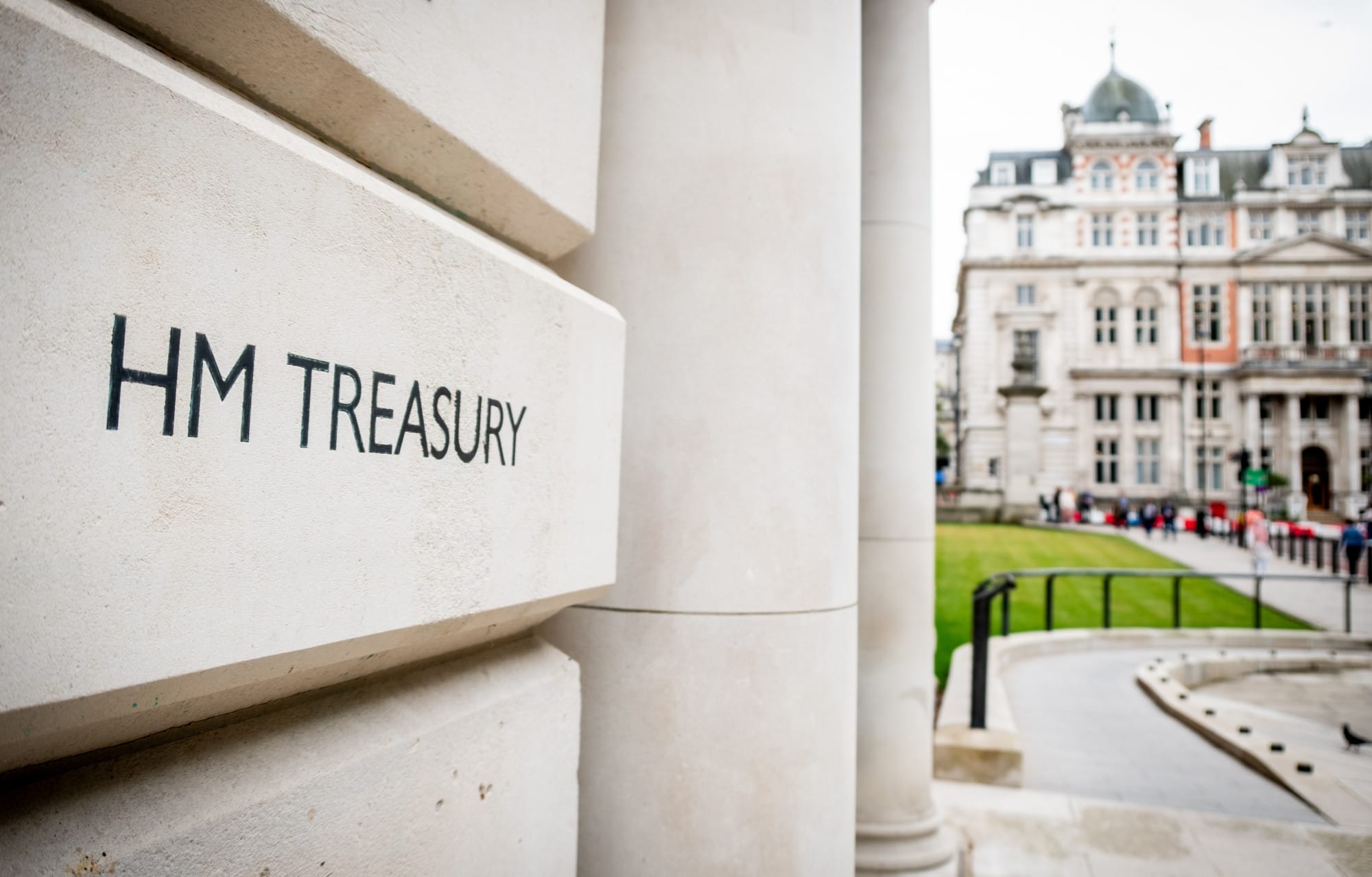
Autumn Statement 2023: Key facts for individuals and businesses
When the Chancellor of the Exchequer, Jeremy Hunt, delivered his Autumn Statement 2023, he knew that his latest measures could have a substantial impact. Not only was the future economic success of the nation at stake, but also the electoral success of his own party. Here are the highlights for both individuals and businesses:
Budget highlights for individuals
1. Pensions
The new State Pension will increase by 8.5% from April 2024, to £221.20 a week.
For those still in work, the Government will consult on the option of having a workplace ‘pension for life’. This means employers could have to pay contributions into a pension of the employee’s choosing.
With the Lifetime Allowance (currently £1,073,100) still set to be abolished from 6 April 2024, the Government will publish legislation in the Finance Bill. This will benefit those with significant pension pots, and remove the disincentive to continue saving.
2. National Insurance Contributions
Employee NICs will be reduced from 12% to 10% on earnings between £12,570 and £50,270 from 6 January 2024. And so, someone on an average salary of £35,000 saves over £450 each year.
The self-employed will also pay less. From 6 April 2024, Class 2 NICs will be abolished and Class 4 NICs will be reduced from 9% to 8% on earnings between £12,570 and £50,270.
3. Income Tax*
The tax-free personal allowance remains at £12,570 and the higher rate tax threshold is £50,270. These thresholds have been frozen until 2028.
* These rates apply for England, Wales and Northern Ireland. Rates and thresholds differ for Scotland.
4. Inheritance Tax
Despite press speculation, the Inheritance Tax Nil Rate Band and additional Residence Nil Rate Band remain frozen at £325,000 and £175,000 respectively until 6 April 2028
5. Dividend Tax allowance
This falls from £1,000 to £500 per year from 6 April 2024.
6. Capital Gains Tax
The annual Capital Gains Tax exemption will reduce from £6,000 to £3,000 from 6 April 2024.
7. ISA allowances
ISA allowances remain unchanged at £20,000 for adults and £9,000 for Junior ISAs (for those under age 18).
8. Back to Work Plan
The government will invest over £1.3 billion over the next five years to help tackle long-term unemployment and incentivise unemployed Universal Credit claimants to find work.
Budget highlights for businesses
1. Capital allowances
The Autumn Statement 2023 contains good news for UK businesses. They will be able to write off (‘fully expense’) the full cost of qualifying plant and machinery in the year of investment. This rewards businesses with up to 25p off their tax bill for every £1 that they invest, and adds up to a tax cut of over £10 billion per year.
2. Business Rates
The government is announcing a business rates support package worth £4.3 billion over the next five years, which will help small businesses and the high street.
The small business multiplier will be frozen for a fourth consecutive year and Retail, Hospitality and Leisure (RHL) relief will be extended. These measures support the most vulnerable businesses.
3. National Living Wage increase
The National Living Wage will rise from £10.42 to £11.44 per hour from April 2024, worth up to £1,800 for a full-time worker. The age threshold falls from age 23 to age 21.
4. Innovative Investments
The government has announced further targeted support for digital technology, green industries, life sciences, advanced manufacturing and creative industries. This includes making available £4.5 billion to unlock investment in automotive, aerospace, artificial intelligence and clean energy sectors.
AJB Wealth’s view on the Autumn Statement 2023
Incentivising work was one focus of the Autumn Statement 2023. ‘The Chancellor is increasing the National Living Wage, cutting NICs and supporting people to get back to work,’ says Paul Willans, MD of AJB Wealth. ‘This is backed by support for business. Not only do we have significant tax cuts on business investment and rates, but also investment into growth industries.
‘We welcome the further clarity on the lifetime allowance abolition going ahead as planned for April 2024. However, the government is under considerable pressure to deliver complicated legislation within a tight time frame. We await the clarity and detail needed on the taxation of lump sums and lump sum death benefits, and the application of protections.
‘After the speculation, it’s somewhat surprising that IHT hasn’t been given a mention. The IHT allowances remain frozen for the future, along with the personal allowance and income tax bands. These ‘stealth’ measures increase the tax collected and, in part, enable the spend on growth. For some, good financial planning can mitigate the impact of these frozen allowances. This is one area where we can add value for our clients.’
To discuss your own situation, please speak to us. Our experienced and highly-qualified team at AJB Wealth can work with you to help you achieve financial efficiency and security. To arrange an initial consultation, book a meeting, or call us on 01483 774 070.





